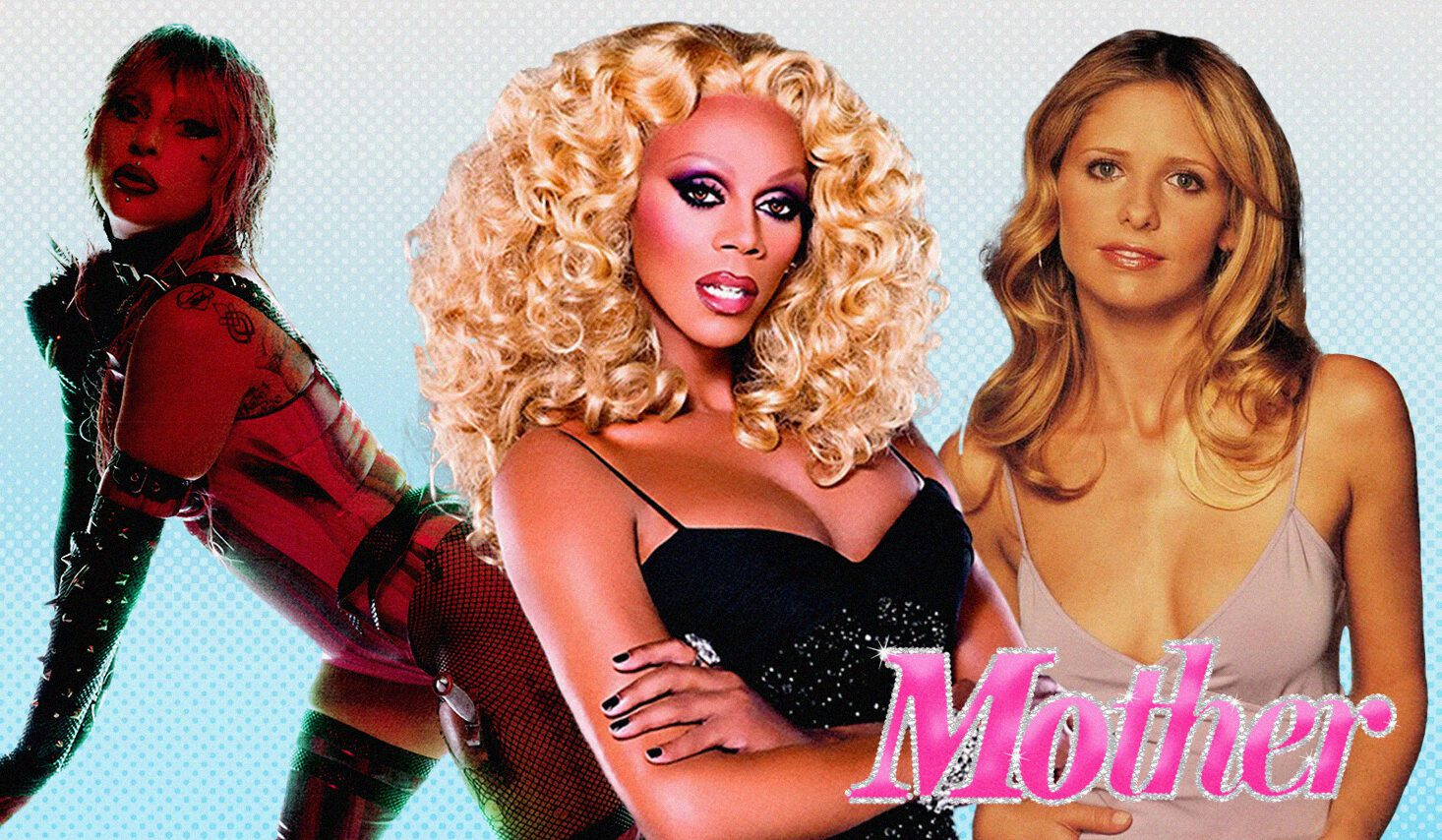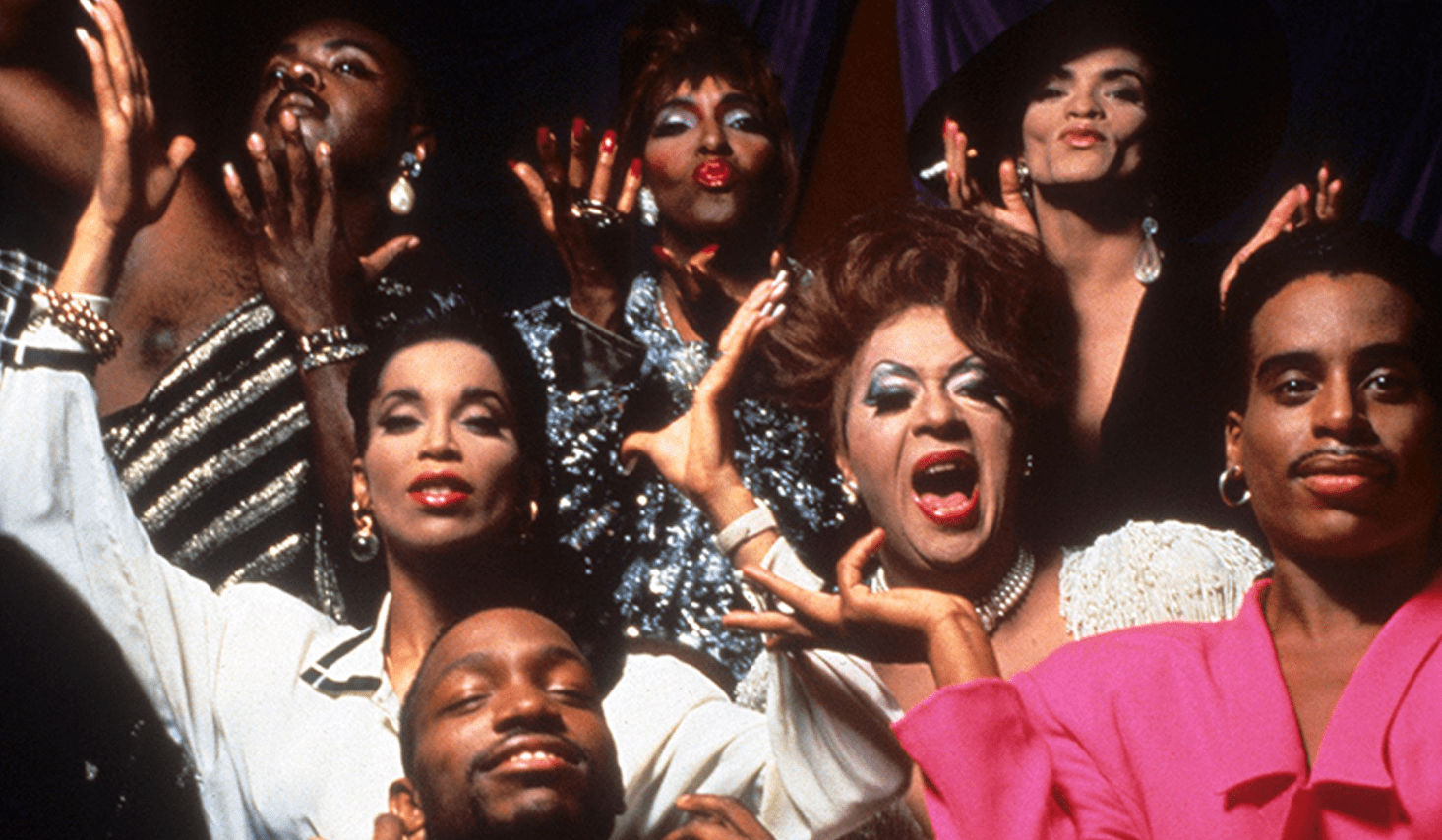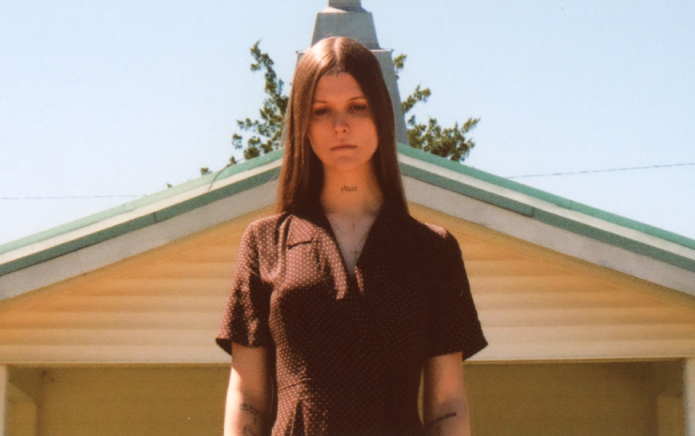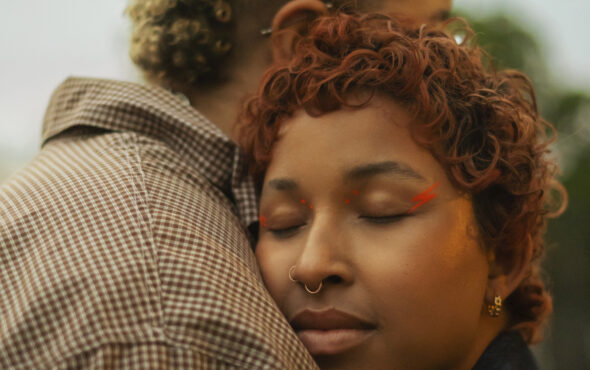
Plenty of women in pop culture are deemed iconic, but in 2023, some are also attaining so-called “mother” status. In recent months, this has become the ultimate accolade that queer Twitter can bestow on you; it’s an acknowledgement that you occupy a special place in our hearts and minds. On her latest single Pearls, disco queen Jessie Ware sings “I’m a lover, a freak and a mother”, presumably a reference to the fact that she is, quite literally, a mum of three. But that’s not how some members of the LGBTQ+ community are reading it. When the song dropped earlier this month, one fan tweeted that its “mother” line was “enough to send my gay heart into overdrive”.
Like so many compliments that gain in popularity online – from “she ate” to “get off my neck” – being called “mother” can be confusing to someone who’s never heard the word used in this way before. When GAY TIMES’ entertainment editor Sam Damshenas asked Sarah Michelle Gellar about her passionate LGBTQ+ fanbase at a January launch event for her new series Wolf Pack, she paused to ask him: “Can someone please explain ‘mother’ to me?” Gellar has since fully embraced this term of enqueerment by updating her Instagram bio to simply read “Mother”. Later, discussing her “mother” status in a subsequent interview, Gellar said humbly: “It’s a huge honour. This is a community that has supported me and all of the jobs I’ve done, whether they’ve been successful or not, and so I’m incredibly grateful.”
“Mother” may be hot right now – almost as hot as “Angela Bassett did the thing!” – but it’s far from a new idea. In fact, the term, “has been a key concept in gay communities for decades, if not centuries,” says Paul Baker, Professor of English Language at Lancaster University and author of Fabulosa!: The Story of Polari, Britain’s Secret Gay Language. Baker points out that Margaret Clap, a “formidable” 18th-century cishet woman whom we would probably now refer to as an “ally”, was being called “Mother” by gay men in 1720s London. “She ran a coffee house that served as a base for men who had sex with men – or ‘mollies’ in 18th-century parlance,” Baker tells GAY TIMES. “She was affectionately known as Mother Clap by her patrons and even provided false testimony to get one of her lodgers acquitted of charges of sodomy.” Sadly, Clap was eventually sentenced to two years imprisonment for running her “Molly House”, an injustice that surely secures her “mother” status for eternity.
On queer Twitter in 2023, “mother” is mainly being applied to cishet women with a certain pop cultural cachet and demonstrable queer appeal. Cate Blanchett is “mother” in her extraordinary performance as a gaslighting classical maestro in Tár; so was Alison Hammond whenever she said “babes” while co-hosting last weekend’s BAFTA Film Awards. The term has even transmogrified into a verb – there are literally dozens of tweets praising Rihanna for having “mothered” her Super Bowl halftime show. However, Baker notes that in the past, “mother” has also been used as a marker of respect for older gay men. “It’s especially applied to an older gay man who has seen everything and been through it all, and so subsequently has a lot of hard-won wisdom to impart and can provide emotional support to younger members [of the social group],” he adds.

This particular use of the word “mother’ has even, on occasion, seeped into pop culture. Baker points to the 1971 horror film Daughters of Darkness, a much-loved camp classic where “almost every character is queer” in some way. “It’s about a young pair of honeymooners, Stefan and Valerie, who wind up in a Belgian hotel off-season and get bewitched by a vampire,” Baker explains. “Valerie is worried that Stefan’s mother won’t like her when she meets her, but it turns out that Stefan’s ‘mother’ is actually an older, very camp gay man.” The film’s “mother” is played by Fons Rademakers, a veteran Dutch actor who was actually heterosexual in real life. But, if the movie were remade today, it would surely be a plum role ready for the taking of a well-established LGBTQ+ character actor.
The word “mother” may have a varied queer heritage, but it is especially prominent within the Ballroom scene, an underground subculture fostered by queer Black and Latinx drag performers in 1960s New York City and onwards. In Ball culture, the “Mother” of the house is an esteemed community leader who takes younger LGBTQ+ folks under her glittering wing. When Beyoncé calls herself “mother of my house” on The Queens’ Remix of Break My Soul, she’s saluting this usage of the word. The fact that her remix samples Madonna’s 1990 hit Vogue, a song that celebrates ballroom culture, but has also been accused of co-opting it, makes the reference particularly apt.
Dr. Jack Doyle, a Departmental Lecturer in LGBTQ+ History at the University of Oxford, tells GAY TIMES that “[the term] ‘Mother’ isn’t exclusive to Black American Ballroom scenes, but the way it’s used in those spaces says a lot about how queer people across cultures and times have built and named chosen families”. He points out that the “drag mother” is often not just a “mentor”, but also “literally a parent to estranged queer kids”. She is the nurturing head of a chosen family unit who makes her queer “children” feel less marginalised “by providing housing, community, healthcare and safety”.
ARVE Error: No oembed html
ARVE Error: No oembed html
ARVE Error: Need Provider and ID to build iframe src.
Doyle believes the way queer Twitter is currently using the word “mother” stems from the Ballroom scene, albeit indirectly. The enormous global popularity of RuPaul’s Drag Race has helped to popularise language that was previously brought to wider attention by Paris Is Burning, Jennie Livingston’s landmark 1990 documentary about Ball culture. “I think what we’re seeing with ‘mother’ blowing up Twitter is the latest in the age-old story of white gays borrowing (and misusing) queer AAVE [African-American Vernacular English], which eventually jumps to straight people,” he says. “This process has changed and accelerated over the past decade with Black and Latinx American drag becoming commodified globally via Drag Race, which is how we get, say, white cishet English women talking casually about ‘serving realness’ or ‘throwing shade’.”
At the same time, Doyle acknowledges that on a more general level, “mother” is often used as “a term of respect for powerful, confident femininity [and] this respect does sometimes extend to cishet women who are also queer icons”. Lady Gaga’s longtime nickname Mother Monster, which predates the RuPaul Drag Race boom, can be seen to fit into this category. When Gaga launched her career in 2009, there were fewer queer musicians in the mainstream, so she was embraced by many LGBTQ+ fans as a symbol of strength, support and comfort: all roles fulfilled by a traditional mother.
Still, given its rich queer heritage, we should probably try to be a little more intentional when using the word “mother” – this isn’t a compliment to be dished out lightly. For now, though, the term’s current resurgence shows no signs of peaking; the “slay mother!” variant is now taking over my timeline. When the UK celebrates Mother’s Day on 19 March, queer Twitter is bound to be chaotic, and when a designated “mother” lets us down by revealing that she once voted Tory, someone will inevitably reach for EastEnders’ “you ain’t my mother!” scene. But let’s get serious for a second, and say this: To all the queer mothers who came before, thank you for helping to raise us.



